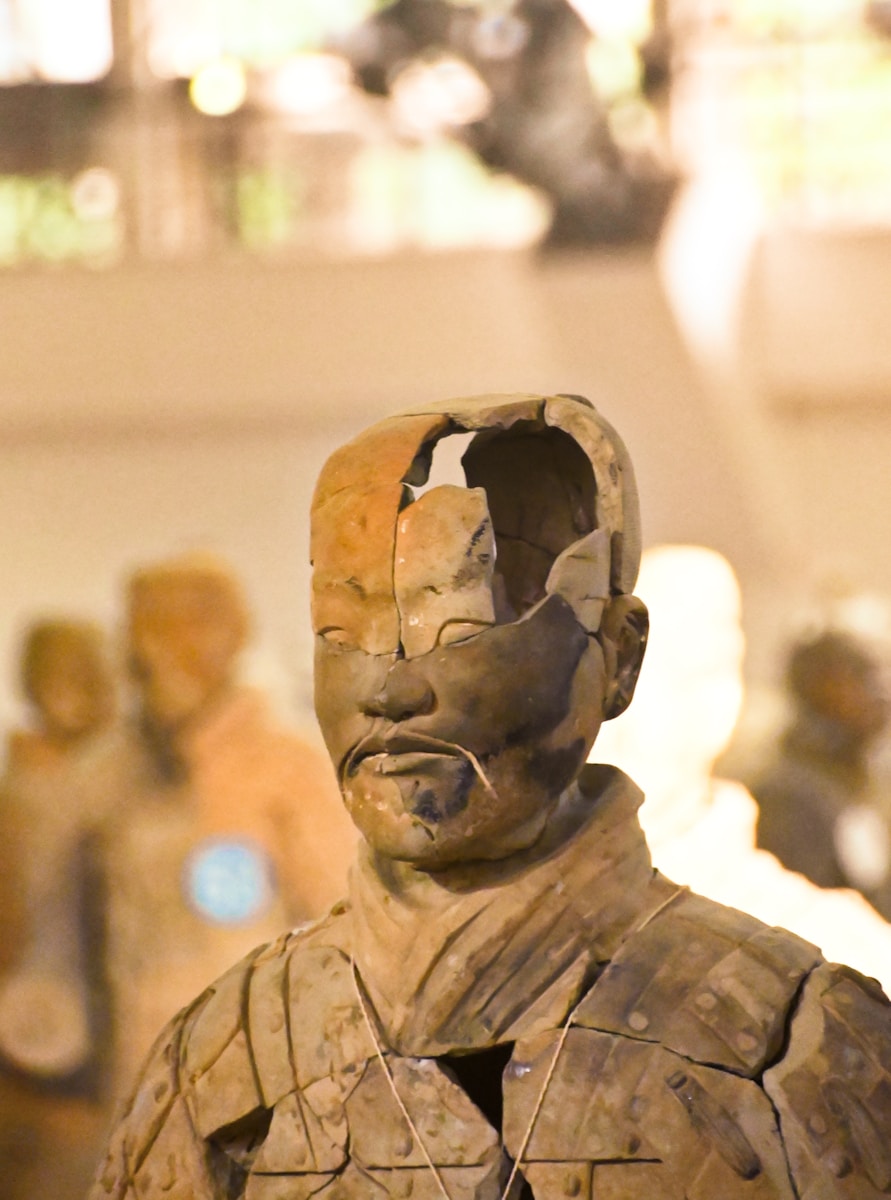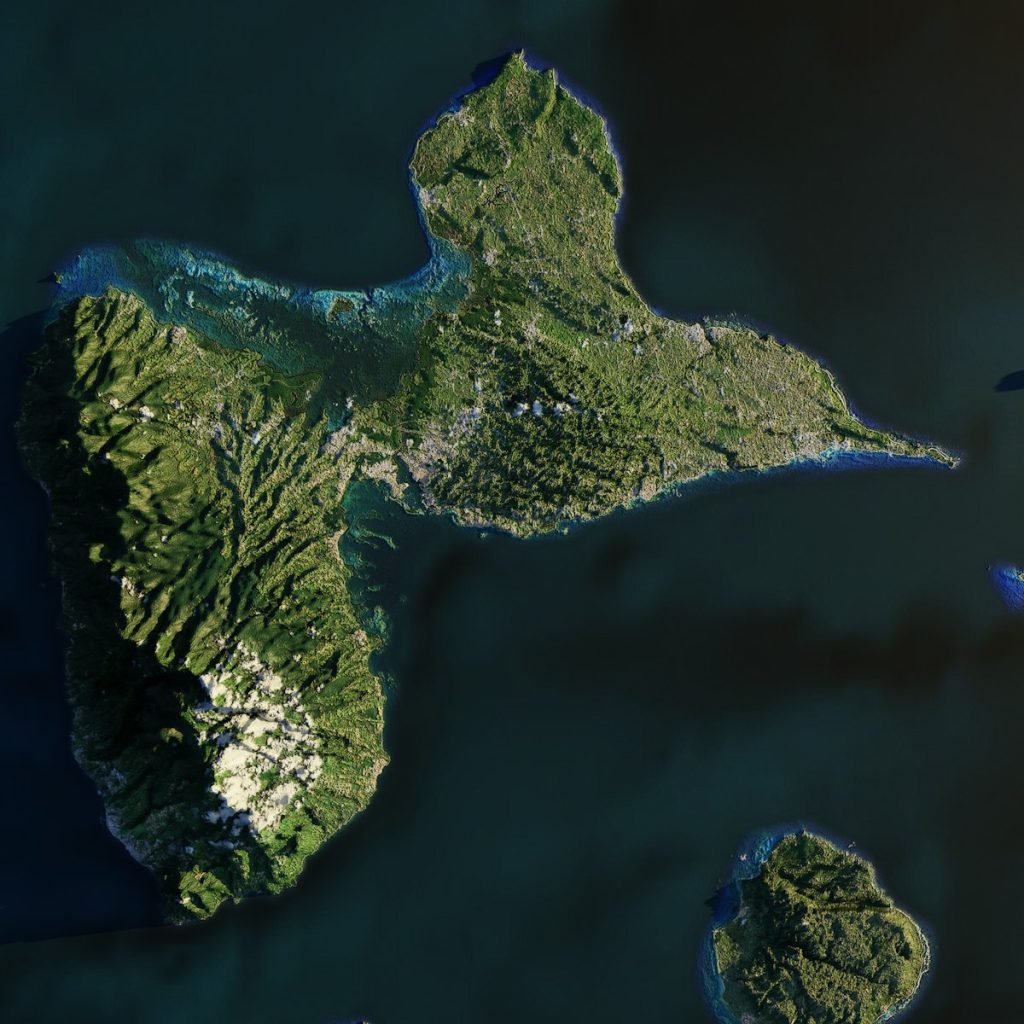La guerre est une question de tromperie – Sun Tzu

Sun Tzu (c. 544–496 BC) was a Chinese military strategist, philosopher, and writer. He is best known for his book The Art of War, which is one of the most influential military treatises ever written.
Bio
Sun Tzu was born in the state of Qi during the Spring and Autumn period of Chinese history. He was a general in the Qi army and fought in many battles. He was also a skilled writer and philosopher, and he wrote The Art of War late in his life.
The Art of War is a book about military strategy and tactics. It is divided into 13 chapters, each of which covers a different aspect of warfare. The book is full of wisdom and insights, and it has been studied by military leaders for centuries.
Quotes
Here are 17 Sun Tzu quotes in Chinese, English, and French:
1. Chinese: 兵者,国之大事,死生之地,存亡之道,不可不察也。
English: War is a matter of vital importance to the state; a matter of life and death, the road to survival or ruin. It is imperative that it be treated with the utmost attention.
French: La guerre est une question d’importance vitale pour l’État ; une question de vie et de mort, la voie de la survie ou de la ruine. Il est impératif de la traiter avec la plus grande attention.
2. Chinese: 知己知彼,百战不殆。
English: If you know the enemy and know yourself, you need not fear the result of a hundred battles.
French: Si vous connaissez l’ennemi et vous-même, vous n’avez pas à craindre le résultat de cent batailles.
3. Chinese: 不战而屈人之兵,善之善者也。
English: To subdue the enemy without fighting is the acme of skill.
French: Soumettre l’ennemi sans combattre est le summum de l’habileté.
4. Chinese: 上兵伐谋,其次伐交,其次伐兵,其下攻城。
English: The best way to win is to attack the enemy’s plans; the next best is to attack his alliances; the next best is to attack his army; the worst is to attack his cities.
French: La meilleure façon de gagner est d’attaquer les plans de l’ennemi ; la deuxième meilleure est d’attaquer ses alliances ; la troisième meilleure est d’attaquer son armée ; la pire est d’attaquer ses villes.
5. Chinese: 兵者,诡道也。
English: War is a matter of deception.
French: La guerre est une question de tromperie.
6. Chinese: 故兵无常势,水无常形,能因敌变化而取胜者,谓之神。
English: There is no constant form in war, just as there is no constant shape in water. The winner is he who can adapt his tactics to the enemy’s situation.
French: Il n’y a pas de forme constante dans la guerre, tout comme il n’y a pas de forme constante dans l’eau. Le vainqueur est celui qui sait adapter ses tactiques à la situation de l’ennemi.
7. Chinese: 夫未战而庙算胜者,得算多也;未战而庙算不胜者,得算少也。多算胜,少算不胜,而况无算乎!
English: Those who can win a war before it begins have calculated their chances of victory many times. Those who cannot win a war before it begins have calculated their chances of victory only a few times. If you have calculated your chances of victory many times, you will win; if you have calculated your chances of victory only a few times, you will not win. And if you have not calculated your chances of victory at all, you will certainly lose.
French: Ceux qui peuvent gagner une guerre avant qu’elle ne commence ont calculé leurs chances de victoire de nombreuses fois. Ceux qui ne peuvent pas gagner une guerre avant qu’elle ne commence n’ont calculé leurs chances de victoire que quelques fois. Si vous avez calculé vos chances de victoire de nombreuses fois, vous gagnerez ; si vous n’avez calculé vos chances de victoire que quelques fois, vous ne gagnerez pas. Et si vous n’avez pas du tout calculé vos chances de victoire, vous perdrez certainement.
8. Chinese: 凡战者,以正合,以奇胜。
English: In war, the general who is skilled in defense hides in the most secret recesses of his heart certain plans which he has prepared against the enemy, but which no one else knows.
French: Dans la guerre, le général habile en défense se cache dans les recoins les plus secrets de son cœur certains plans qu’il a préparés contre l’ennemi, mais que personne d’autre ne connaît.
9. Chinese: 胜可知,而不可为。
English: Victory can be known, but cannot be made.
French: La victoire peut être connue, mais ne peut être faite.
10. Chinese: 兵者,诡道也。故能而示之不能,用而示之不用,近而示之远,远而示之近。
English: War is a matter of deception. Therefore, when able to attack, we must seem unable; when using our forces, we must appear inactive; when we are near, we must make the enemy believe we are far away; when far away, we must make him believe we are near.
French: La guerre est une question de tromperie. Par conséquent, lorsqu’on est capable d’attaquer, on doit paraître incapable ; lorsqu’on utilise ses forces, on doit paraître inactif ; lorsqu’on est proche, on doit faire croire à l’ennemi qu’on est loin ; lorsqu’on est loin, on doit lui faire croire qu’on est proche.
11. Chinese: 故善战者,立于不败之地,而不失敌之败也。
English: The good fighters of old first put themselves beyond the possibility of defeat, and then waited for an opportunity of defeating the enemy.
French: Les bons combattants d’autrefois se mettaient d’abord au-delà de la possibilité d’être vaincus, puis attendaient une occasion de vaincre l’ennemi.
12. Chinese: 故知胜有五:知可以战与不可以战者胜,识众寡之用者胜,上下同欲者胜,以虞待不虞者胜,将能而君不御者胜。
English: There are five ways of knowing that you will win a battle: (1) Know your enemy and know yourself; (2) Know the ground and the weather; (3) Be prepared for every contingency; (4) Have a clear plan of attack; (5) Have a strong leader.
French: Il y a cinq façons de savoir que vous gagnerez une bataille : (1) Connaissez votre ennemi et connaissez-vous vous-même ; (2) Connaissez le terrain et la météo ; (3) Soyez préparé à toutes les éventualités ; (4) Ayez un plan d’attaque clair ; (5) Ayez un leader fort.
13. Chinese: 故兵者,国之大事,死生之地,存亡之道,不可不察也。
English: War is a matter of vital importance to the state; a matter of life and death, the road to survival or ruin. It is imperative that it be treated with the utmost attention.
French: La guerre est une question d’importance vitale pour l’État ; une question de vie et de mort, la voie de la survie ou de la ruine. Il est impératif de la traiter avec la plus grande attention.
14. Chinese: 知己知彼,百战不殆。
English: If you know the enemy and know yourself, you need not fear the result of a hundred battles.
French: Si vous connaissez l’ennemi et vous-même, vous n’avez pas à craindre le résultat de cent batailles.
15. Chinese: 不战而屈人之兵,善之善者也。
English: To subdue the enemy without fighting is the acme of skill.
French: Soumettre l’ennemi sans combattre est le summum de l’habileté.
16. Chinese: 上兵伐谋,其次伐交,其次伐兵,其下攻城。
English: The best way to win is to attack the enemy’s plans; the next best is to attack his alliances; the next best is to attack his army; the worst is to attack his cities.
French: La meilleure façon de gagner est d’attaquer les plans de l’ennemi ; la deuxième meilleure est d’attaquer ses alliances ; la troisième meilleure est d’attaquer son armée ; la pire est d’attaquer ses villes.
17. Chinese: 兵者,诡道也。
English: War is a matter of deception.
French: La guerre est une question de tromperie






